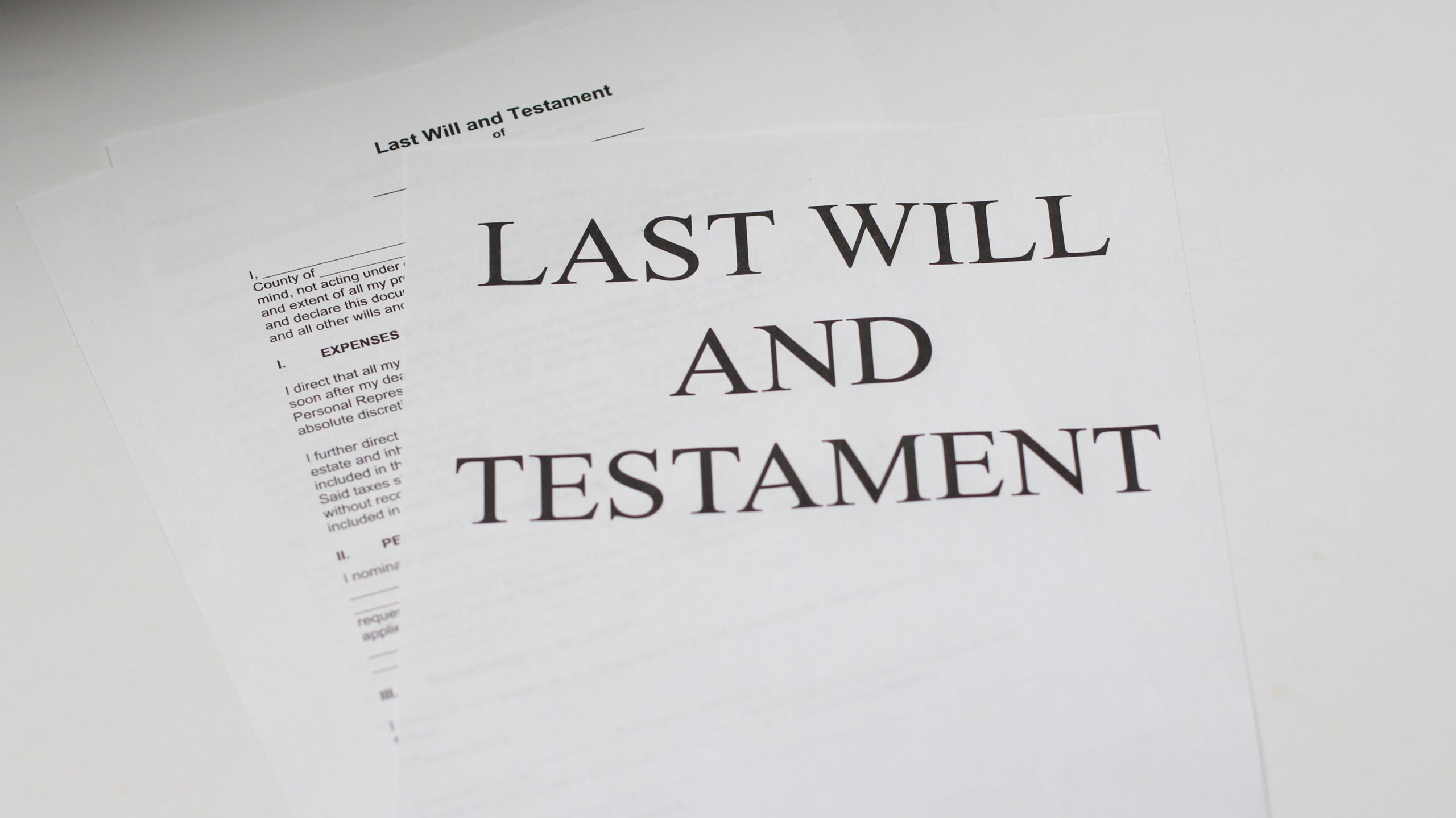A revocable living trust is an agreement between the grantor (the person creating the trust) and the trustee to manage the trust property for the benefit of the beneficiary (usually the same person – the grantor). When the grantor transfers property to the trust, the trustee becomes the legal “owner” of the property and must manage property in accordance with the terms and conditions of the trust. A successor trustee (usually a spouse or a child) is also named to take over the trust in the event the trustee becomes disabled or dies.
For example – you, the grantor, create a trust and place your home in the trust. You’ll need to change the deed from your name to “the Trust of xxx.” The home is now owed by your trust, and you are the trustee. In your trust you designated your son as the successor trustee. In the trust, you state that in the event of your death or if you become incapacitated or disabled, your successor trustee (i.e., your son) will manage the property. We can help craft the terms on how your successor trustee is to manage the property.
Please schedule your free 15-minute consultation to determine whether a Revocable Living Trust is right for you! You can contact us using the “Contact Us” form online, or simply call (202) 743-1656.







